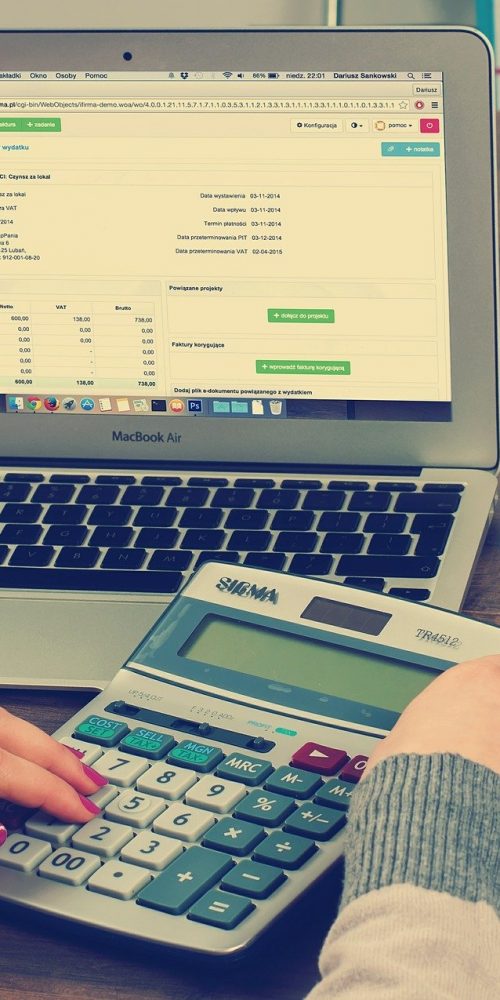Support for Tax Deadline
A quarter of the UK’s self-employed are making plans to delay their 2019-20 tax bill, due financial strain caused by the coronavirus pandemic and associated restrictions, perhaps needing support for tax deadline, reveals the findings of a recent survey of 4,000 UK taxpayers for Which?
31st January is the traditional deadline for submitting the previous year’s tax return, with payment for 2019-2020 also due at the same time. One in four of the UK’s self-employed, who complete tax returns, have already decided to delay the payment that’s due in just under two weeks’ time. This in in addition to almost a fifth (22%) who had taken the government up on their offer to defer the tax payment due by the July 2020 payment deadline, according to a poll by Which? The survey also indicates that 19 million hours will be spent by UK taxpayers completing their tax returns by 31 January.
Not all of those who were due to pay tax by 31 January had come to a decision, with 16% either not sure what they would do or simply had not considered it yet. Over 40% of people (42%) have said that they have already opted to defer their July payment because of financial hardship.
The government offers a Time To Pay option that allows taxpayers to settle their tax bill across the year, by monthly payments. While it enables a more gradual approach to settlement, interest will be charged on your outstanding balance.
Time To Pay is in operation at all times, regardless of the coronavirus, and is not the same as the government’s option to permit a deferral on July 2020’s payment-on-account deadline. This is part of the raft of financial support announced as a response to the coronavirus which allowed self-employed taxpayers to defer July’s 2020 payment until 31 January 2021.
Why you should pay your tax on time

Simply not paying your tax bill by the 31 January 2021 can result in fines. Taxpayers would need to have contacted HMRC and have another option in place – a Time To Pay agreement or another plan agreed with HMRC – in order to miss the deadline without being subject to charges. Being late will mean that you will be charged 2.6% interest from the payment due date, with a charge of 5% of the outstanding tax bill added after 30 days and another 5% charge added on 31 July 2021 alongside an additional 5% fee added to the total after a year of overdue payment.
Can’t pay tax on time? What you need to do
The government has schemes in place that can help you if you are facing financial difficulty and cannot pay your tax bill on time. You may be able to arrange an agreement with HMRC under their Time To Pay scheme, but there are certain restrictions on who can have Time To Pay:
- You must owe less than £30,000 in tax
- You must look to put the arrangement in place less than 60 days after the payment deadline
- You have completed your tax returns and they are up to date
- You do not currently have debts with HMRC
- You do not have any other payment plans or agreements with HMRC
If you do owe more than £30,000 or you already know that you will need more than the 12 months permitted by Time to Pay, you might still be able to come to an agreement to pay in instalments. The best – and most important – thing to do if you are unsure about how or when you will be able to pay your tax bill, or you need help on how to delay paying your tax bill, call the HMRC Payment Support Service on 0300 200 3835.
We offer Debt Consolidation Loans for homeowners.
Our team is on hand to help with number of questions you may have.
If you are struggling with debt, please visit Money Advice Service for help and advice.
We are a broker, not a lender.
Visitors also read:
 Avoid a financial ticking time bomb
Avoid a financial ticking time bomb
Avoid a financial ticking time bomb
 Beating the Money Bullies
Beating the Money Bullies
Beating the Money Bullies
 4 Benefits of Debt Consolidation Loans
4 Benefits of Debt Consolidation Loans
4 Benefits of Debt Consolidation Loans
 Ways to Save – Should You Couple Up to Cut Back on Tax?
Ways to Save – Should You Couple Up to Cut Back on Tax?
Ways to Save – Should You Couple Up to Cut Back on Tax?
 Support for Tax Deadline
Support for Tax Deadline
Support for Tax Deadline
 Citizens Advice Bureau Explained
Citizens Advice Bureau Explained




